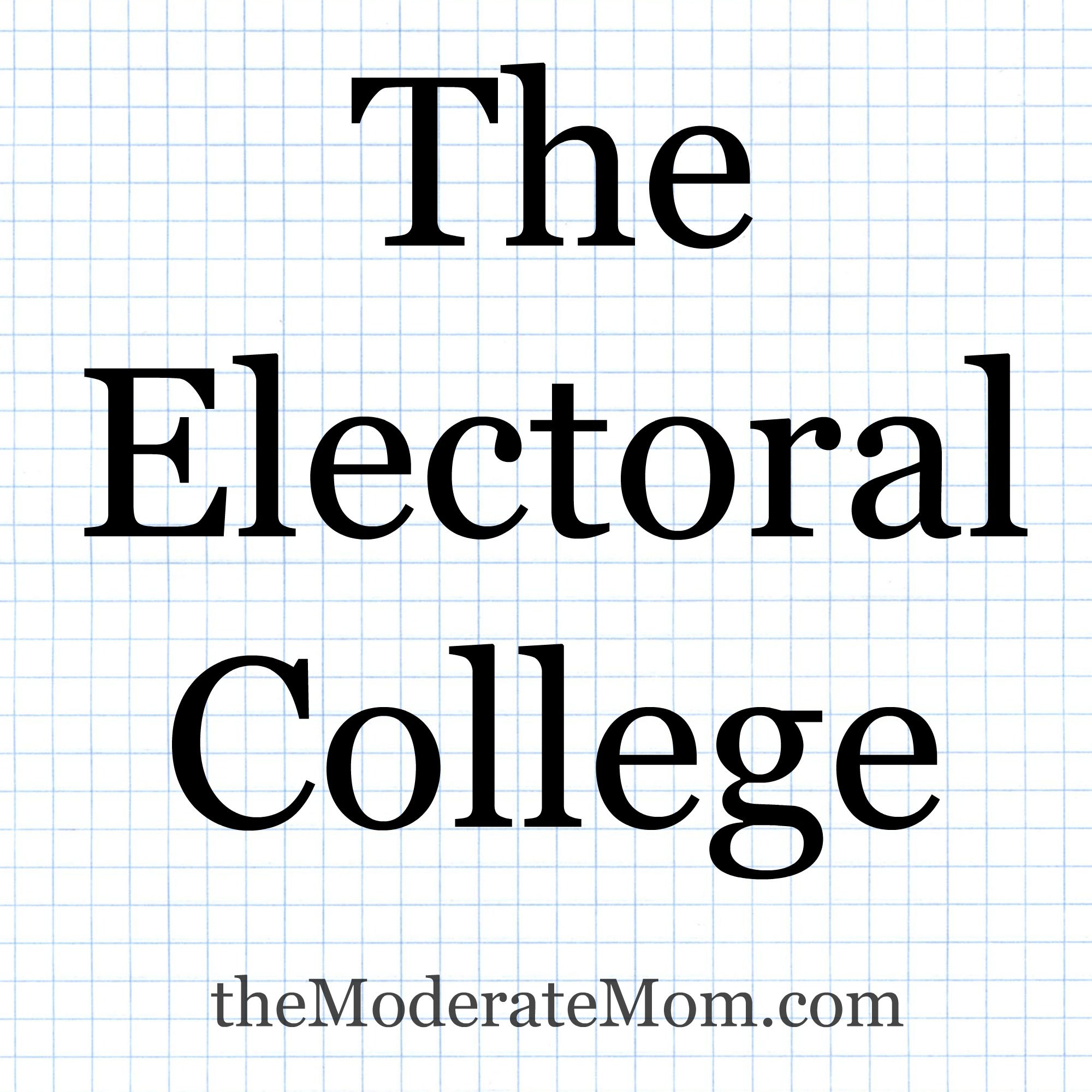
The Electoral College
 It comes up every four years: we do not directly elect the President of the United States. The winner of the election can be the loser of the popular vote. Both John Quincy Adams and George W. Bush lost the popular vote and still won the election. (Interestingly, they were also the only two Presidents who were also the son of a President.)
It comes up every four years: we do not directly elect the President of the United States. The winner of the election can be the loser of the popular vote. Both John Quincy Adams and George W. Bush lost the popular vote and still won the election. (Interestingly, they were also the only two Presidents who were also the son of a President.)
How can this happen? What do you think of it? What do you think the Founders would think? How upset would they be to know that the person who got the most votes didn’t win the election?
One of the great fears of the Founders, demonstrated over and over in our early years, was that larger population areas would dominate smaller areas. That means both larger states over smaller states and urban areas over rural areas, which are sometimes (but not always) the same thing. Worries over this also arguably contributed to the Civil War with the more agrarian Southern states worried about the power and influence of more industrialized Northern states.
Why do you think they feared this so much? Do you think it is still a valid fear? Do you think there has been a time when urban areas have been able to dominate our rural areas, or vice versa?
Many people would like to see the electoral system changed to eliminate the Electoral College. They prefer a system where each person gets one vote. Removing the Electoral College system requires a Constitutional Amendment, as would some changes. The most common argument I hear for this is that our country is a democracy, which means that the person with the most votes should win. The Electoral College system is just one aspect of our nation that ensures that we are actually a representative democracy, and a republic, not a true democracy. This doesn’t mean that people are wrong for wanting to change it or that they don’t have other reasons. When our nation started, the Vice President was the candidate with the second most votes in the Presidential election, making it just a bit closer to a true democratic election than our current system. (The 12th Amendment changed that in 1804.)
How easy do you think this change would be to accomplish? What states do you think would be for and against ending it? What are the benefits and drawbacks to this change?
Another way to change it is to follow the lead of Maine (1972) and Nebraska (1996) and use the Congressional District Method. One electoral votes is awarded for each Congressional District plus two per state, just like the number of Senators per state. Essentially, the Congressional District method awards the winner in each District the vote for that District. The candidate who gets the most votes for the entire state gets the two “Senatorial” votes.
What do you think of this plan? Would it improve the system, make it worse, or make no difference? How and why?
Find a picture showing the voting results of the last election by county. Then find one that shows them by state. Compare them again, thinking about Congressional Districts. Several “swing states” really just have a small area with a high population density that often carries the entire states. In Florida, it’s the Miami-Dade area. In Pennsylvania, it’s Philadelphia (primarily) with the addition of Pittsburgh. In Virginia, it’s the northern counties of Fairfax, Prince William, and Loudon. Other states that are dependably Republican or Democrat have areas within them that are not. Orange County and the Central Valley in California are much more Republican than the rest of the state. The southern part of Texas is Democratic.
How might changing to the Congressional District method affect the outcome of Presidential elections? Would candidates still target the same states / areas? Would changing it encourage them to try to convince more, or fewer, areas to vote for them?
The next time someone brings up the Electoral College, what will you bring to the conversation?

Carl Goss
Unfortunately (or fortunately) depending on your POV, the congressional district method would guarantee that despite the popular vote, states with the most congressional districts (mostly rural) would essentially control who gets elected president. The popular vote would then pretty much count for nothing, and the House would be dominated by rural interests. Example: Michigan,normally blue state, is now a red state in terms of congressional representation (not to mention the state legislature) because of gerrymandering.
theosfortheus
Gerrymandering is another topic, and it needs addressed too. As it currently stands, fraud in one or two swing districts can swing the entire vote for a state. And potentially an entire presidential election, if it’s close.